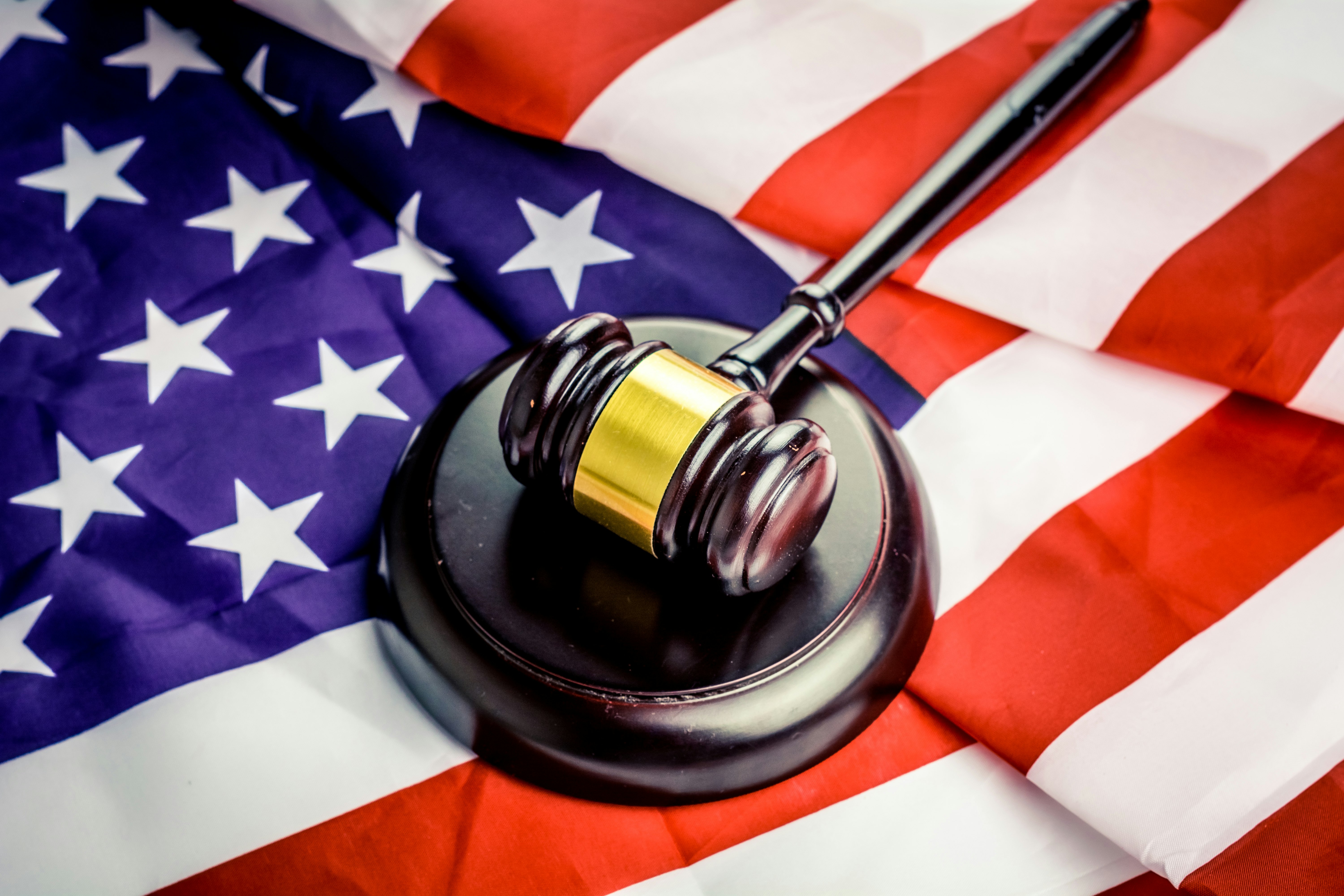The defendant, Anthony Ray Hinton, was convicted of two 1985 Alabama-murders and sentenced to death, but attorney Bryan Stevenson, an New York University law professor and lawyer with the Equal Justice Initiative, argued his trial lawyer did not take the necessary steps to secure an acquittal.
Stevenson said the true murderer could be linked to another series of restaurant slayings. “We will press Alabama officials to find that the ineffective assistance Mr. Hinton received from his lawyer was prejudicial in violation of the Sixth Amendment so that he would receive a new trial. We will absolutely continue to represent him all future proceedings,” Stevenson said.
In February, 1985, a restaurant manager was shot and killed in Birmingham during an after-hours robbery, according to the court’s ruling. A second manager was shot and killed in July during a similar robbery. Then, later that month a third manager was shot, but survived and identified Hinton as the shooter in a photographic array.
All six bullets fired, two in each shooting, were recovered by authorities. The State’s Department of Forensic Scientists determined the six bullets matched a .38 caliber revolver belonging to Hinton’s mother, whom he lived with. He was charged with capital murder in the first two incidents, but was not charged in connection to the third shooting.
Hinton presented witnesses supporting his alibi that he was at work during the third shooting and he maintains he was misidentified by the third manager, referred to as Smotherman in the court’s ruling. The case hinged on the forensic link between the bullets and the handgun.
Hinton’s attorney mistakenly believed he could only spend up to $1,000 on an expert forensics witness to rebut the state, when in fact the statue that set that limit-- $500 for each murder charge-- was outdated. Further, the trial judge noted Hinton’s attorney could have filed for additional funding if he though he needed it, but no filing is on record.
Stanford Law School professor and criminal justice expert Robert Weisberg described errors made by trial counsel as “egregious” and “ridiculous.” He noted the ruling is an example of the courts propensity not to second guess lawyer’s “strategy” when it comes to determining the ineffectiveness of counsel, however, it will step in when lawyers make blatant mistakes, such as failing to know vitally applicable statutes.
The expert Hinton’s attorney hired, Andrew Payne, was discredited by the prosecution and was cited as having testified only twice in the preceding eight years in similar cases and one involved a shotgun, rather than a handgun. He also had trouble seeing with one eye and needed assistance operating the microscope he used during his analysis, according to information from the Supreme Court’s ruling.
Hinton’s trial attorney said during a pretrial hearing: “I made an effort to get somebody that I thought would be useable. And I’ll have to tell you what I did [about] Payne. I called a couple of other lawyers in town . . . to ask if they knew of anybody. One of them knew him; one of them knew him. The reason I didn’t contact him was because he wasn’t recommended by the lawyer. So now I’m stuck that he’s the only guy I could possibly produce.”
Three post-conviction experts were unable to link the bullets to Hinton’s weapon, according to the Supreme Court ruling. Stevenson said requests to reopen the case and find other suspects have hit a dead end.
“There are no identified suspects in the murder case, although we are investigating a string of similar murders at restaurants in the South that continued after Mr. Hinton's arrest. We have asked Alabama officials to re-open an investigation into Mr. Hinton's case on multiple occasions but they have refused,” he said.
Weisberg said this is a “really unusual case, but not likely to be widely applicable,” with respect to future cases. He also said it is uncertain what future proceedings will yield, and it is difficult to predict what judges, lawyers and forensic scientists will say about the likelihood a different forensic expert would have made a difference in the initial murder trial.
According to information from NYU’s news website Stevenson’s co-counsel in were Charlotte Morrison and Aaryn Urell, who both worked with Stevenson as students in his Equal Justice and Defender Clinic. "I'm delighted to win relief for Mr. Hinton, who has been on death row for 28 years for crimes he did not commit,” said Stevenson in a statement from the NYU news site. “There is more work to do, but this is an important step forward.”
Dan Sabbatino is an award winning journalist whose accolades include a New York Press Association award for a series of articles he wrote dealing with a small upstate town’s battle over the implications of letting a “big-box” retailer locate within its borders. He has worked as a reporter and editor since 2007 primarily covering state and local politics for a number off publications.



















